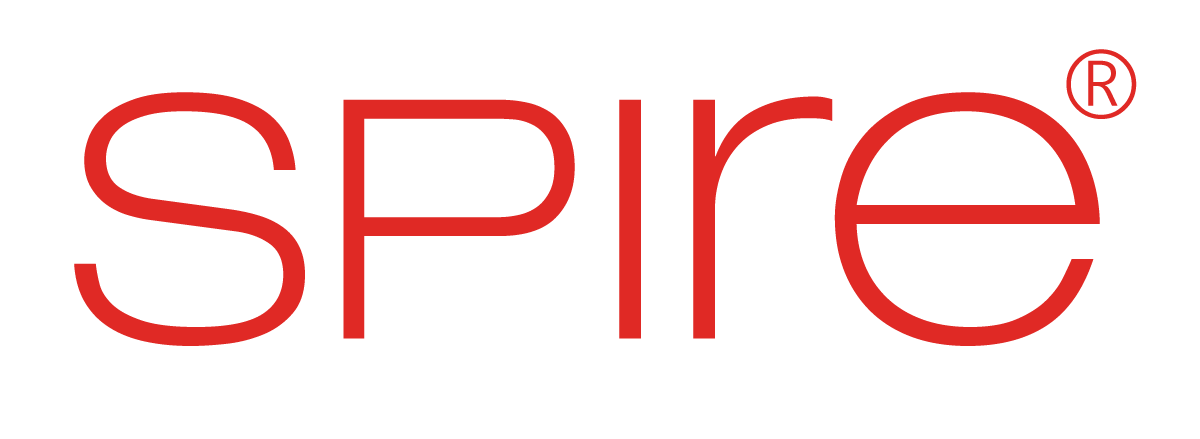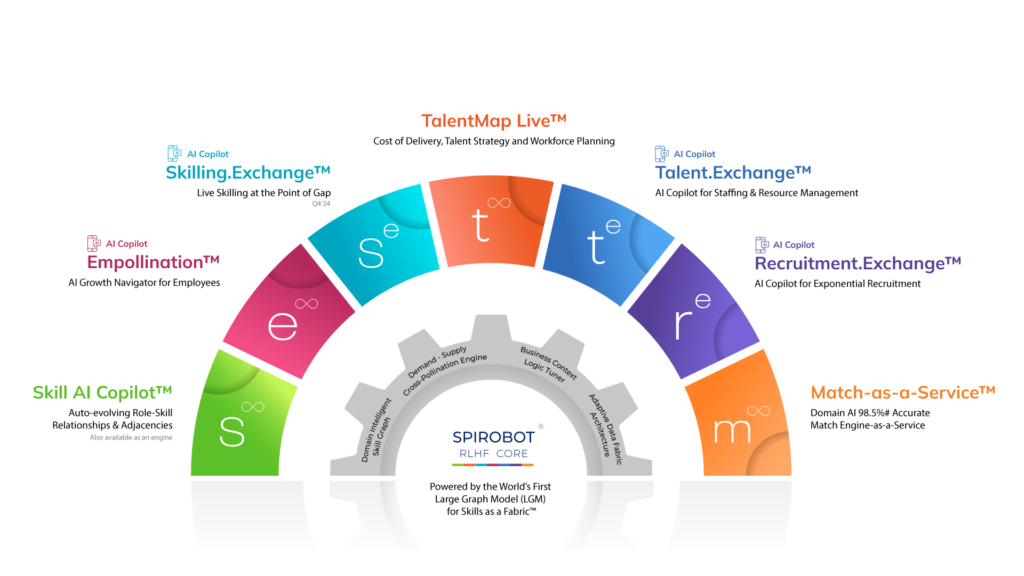In today’s competitive landscape, organizations thrive on the strength and efficacy of their teams. Building high-performing teams isn’t a matter of chance; it requires a strategic approach that leverages data and insights. This is where talent intelligence comes in – a powerful tool for identifying top performers, understanding team dynamics, and fostering a culture of collaboration and success.
What is Talent Intelligence?
Talent intelligence is the use of data analytics and AI to gain deep insights into an organization’s workforce. It encompasses gathering data on internal and external talent (employees) (potential hires and the broader job market). This data is then analyzed to illuminate skills gaps, assess team strengths and weaknesses, and predict future talent needs.
Talent intelligence is the use of data analytics and AI to gain deep insights into an organization’s workforce. It encompasses gathering data on internal and external talent.
The Need for Talent Intelligence
Traditional team-building methods, based on gut instinct or subjective evaluations, are often insufficient in today’s rapidly evolving business landscape. The increasing complexity of roles, the accelerated pace of technological advancement, and the growing demand for specialized skills have rendered traditional approaches obsolete.
Talent intelligence emerges as a critical solution to these challenges. By harnessing the power of data analytics and AI, organizations can gain unprecedented insights into their workforce, enabling them to make data-driven decisions that drive performance and growth.
Importance of talent intelligence
– Overcoming Talent Shortages
– Optimizing Workforce Planning
– Enhancing Employee Engagement and Retention
– Driving Innovation
– Improving Decision Making
Here’s why talent intelligence is indispensable
- Overcoming Talent Shortages: Organizations must identify and attract the best candidates in an era of fierce competition for top talent. Talent intelligence enables companies to pinpoint skill gaps, understand market trends, and develop targeted recruitment strategies to secure the necessary talent.
- Optimizing Workforce Planning: Effective workforce planning is essential for business success. Talent intelligence provides valuable data on employee demographics, skill levels, and career aspirations, allowing organizations to anticipate future talent needs and proactively develop strategies to meet them.
- Enhancing Employee Engagement and Retention: High employee turnover can be costly and disruptive. Talent intelligence helps identify factors contributing to employee satisfaction and engagement, enabling organizations to implement targeted initiatives to improve retention rates and foster a positive work environment.
- Driving Innovation: A diverse and skilled workforce is essential for driving innovation. Talent intelligence helps organizations identify employees with high potential and create opportunities to develop new ideas and solutions.
- Improving Decision Making: By providing data-driven insights, talent intelligence empowers leaders to make informed decisions about talent acquisition, development, and deployment. This leads to increased efficiency, reduced costs, and improved business outcomes.
In essence, talent intelligence is no longer a luxury but a necessity for organizations seeking to thrive in the competitive global marketplace. It empowers businesses to make data-driven decisions, optimize their workforce, and achieve sustainable growth.
Organizations can unlock their full potential and build high-performing teams that drive business success by understanding the importance of talent intelligence.
Talent Intelligence & Data-Driven Talent Management for Building High-Performance Teams
Talent intelligence provides data-driven insights that empower HR professionals and team leaders to make informed decisions regarding talent acquisition, development, and deployment. By leveraging data, organizations can unlock the full potential of their workforce and build high-performing teams that drive business success.
Talent Operations Enhanced by Talent Intelligence
– Data-Driven Hiring
– Targeted Learning & Development
– Performance Optimization
– Employee Engagement and Retention
– Succession Planning
– Workforce Optimization
- Data-Driven Hiring: Talent intelligence revolutionizes the recruitment process by shifting the focus from resumes and interviews to data-driven assessments. By analyzing candidate skills, experience, and behavioral patterns, organizations can identify individuals with the ideal qualifications for specific roles. This data-centric approach reduces bias, improves hiring accuracy, and accelerates time-to-hire.
- Targeted Learning & Development: Building a high-performance team requires continuous learning and development. Talent intelligence identifies skill gaps at individual and team levels, enabling organizations to create tailored training programs that address specific needs. By aligning learning initiatives with business objectives, companies can enhance employee competencies and drive overall performance.
- Performance Optimization: Talent intelligence provides valuable insights into employee performance metrics, enabling organizations to identify top performers, recognize high-potential individuals, and address performance issues proactively. Companies can identify trends, patterns, and correlations that inform talent management strategies and drive performance improvement by analyzing performance data.
- Employee Engagement and Retention: A high level of employee engagement is crucial for building a thriving workplace. Talent intelligence helps organizations measure employee satisfaction, identify factors influencing turnover, and implement targeted retention strategies. By understanding employee needs and preferences, companies can create a more engaging work environment and reduce attrition.
- Succession Planning: Ensuring a robust talent pipeline is essential for organizational continuity. Talent intelligence identifies high-potential employees, assesses their readiness for leadership roles, and creates development plans to prepare them for future leadership positions. Organizations can proactively identify and develop future leaders to mitigate succession risks and maintain business continuity.
- Workforce Optimization: Talent intelligence provides data-driven insights to optimize workforce allocation and utilization. Organizations can identify skill imbalances, resource constraints, and opportunities for improvement by analyzing workload, skills, and project requirements. This enables effective workforce planning, project resource allocation, and talent deployment.
By embracing a data-driven approach to talent management, organizations can build high-performing teams that are agile, aligned with business objectives, and capable of driving innovation and growth. Talent intelligence empowers organizations to make informed decisions, optimize talent investments, and create a culture of performance excellence.
Leveraging Talent Intelligence with Spire.AI
Spire.AI isn’t just another talent management platform; it’s an AI Copilot for Talent, empowering organizations to navigate the complexities of talent acquisition, development, and deployment in the age of Skills-Based Organizations (SBOs).
Spire.AI’s comprehensive suite of solutions – from skill frameworks to personalized career roadmaps – empowers organizations to attract, develop, and retain top talent, ultimately building high-performing teams that drive business success.
Spire.AI leverages cutting-edge talent intelligence to provide insights and translate them into actionable strategies across the entire talent lifecycle. Here’s a deeper dive into how Spire.AI unlocks the power of talent intelligence:
- Auto-Evolving Role-Skill Framework: At the foundation of effective talent management lies a robust understanding of the skills required for various organizational roles. Spire.AI goes beyond static job descriptions by creating an auto-evolving Role-Skill Framework. This framework leverages a Large Graph Model (LGM) containing over 10 million skill nodes, enabling it to identify complex skill mixes and map them to specific job roles at various proficiency levels (base, enhanced, expert). This provides a clear picture of current skill requirements and anticipates future needs based on industry trends and evolving skill landscapes.
- AI-Generated Employee Skill Profiles: Spire.AI empowers organizations to move beyond traditional talent assessments and manual data entry. Its AI engine automatically aggregates data from diverse sources – performance reviews, internal training records, project documents, and more – to generate comprehensive AI-generated employee skill profiles. These detailed profiles paint a clear picture of employee skillsets, uncovering their job titles and actual capabilities. This allows individuals to understand their strengths and weaknesses, identify areas for growth, and explore relevant career paths.
- Career Path Simulation and Reskilling Recommendations: Gone are the days of generic career paths. Spire.AI leverages employee skill profiles and aspirations to provide personalized career path simulations and reskilling recommendations. This empowers individuals to chart their growth journey, whether upskilling for a promotion, reskilling for a lateral move within the organization, or aligning their development with the company’s strategic direction. This two-way approach fosters a culture of employee ownership and ensures a future-ready workforce.
- Talent Marketplace: Building high-performing teams requires identifying top talent and ensuring optimal deployment within the organization. Spire.AI’s Talent Marketplace facilitates internal mobility by creating an AI-assisted platform. This platform goes beyond traditional job boards; it utilizes talent intelligence to match employee skills and aspirations with internal opportunities. This reduces reliance on external recruitment and fosters a culture of collaboration and knowledge sharing, allowing talent to be efficiently deployed where it can best contribute.
- Talent Acquisition with Reduced Bias: Spire.AI’s approach to talent acquisition mitigates bias through data-driven insights. By leveraging skill-based matching and behavioral assessments, Spire.AI helps identify the best candidates for the job regardless of background or resume keywords. This enhances the candidate experience and ensures you build diverse, high-performing teams that reflect the talent pool’s true potential.
- Resource Management Optimization: Talent intelligence isn’t just about people; it’s also about maximizing project efficiency. Spire.AI helps professional service firms optimize resource allocation by analyzing project requirements, team skillsets, and workload distribution. This data-driven approach allows for a forecast-to-fulfill operating model, ensuring project success and maximizing resource utilization.
By leveraging Spire.AI, organizations can unlock the full potential of talent intelligence. Its comprehensive suite of solutions – from skill framework development to personalized career roadmaps – empowers organizations to attract, develop, and retain top talent, ultimately building high-performing teams that drive business success.
Organizations that foster a culture of skill adjacency and lifelong learning reap significant benefits. This involves creating an environment where learning is valued, accessible, and encouraged.
Conclusion
Building high-performing teams requires a data-driven approach that goes beyond intuition and guesswork. Talent intelligence provides the insights and tools necessary to identify top talent, understand team dynamics, and foster a culture of growth and development. By leveraging AI-powered platforms like Spire.AI, organizations can unlock the full potential of their workforce and consistently build teams that propel them toward success.
Frequently Asked Questions
What does talent intelligence mean?
Talent intelligence means the use of data analytics and AI to gain deep insights into an organization’s workforce. It encompasses gathering data on internal and external talent (employees) (potential hires and the broader job market). This data is then analyzed to illuminate skills gaps, assess team strengths and weaknesses, and predict future talent needs.






